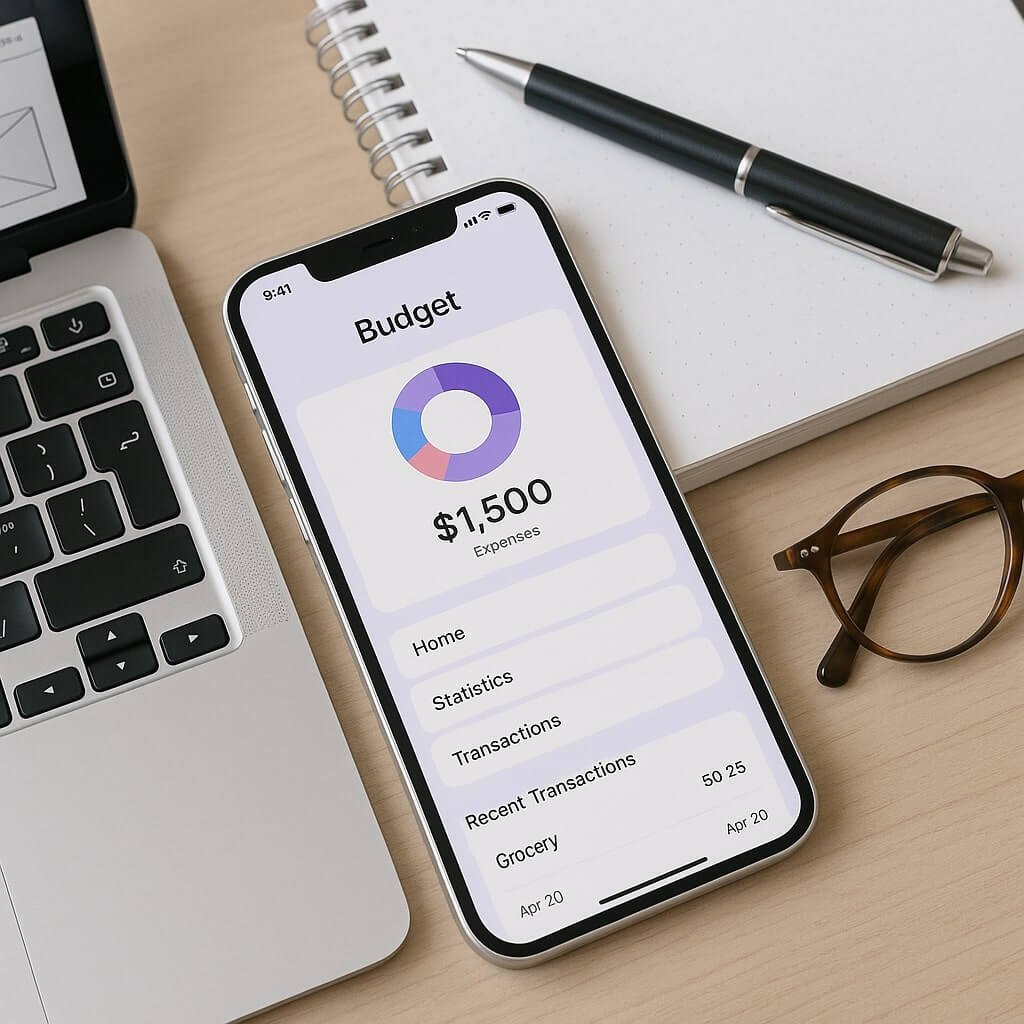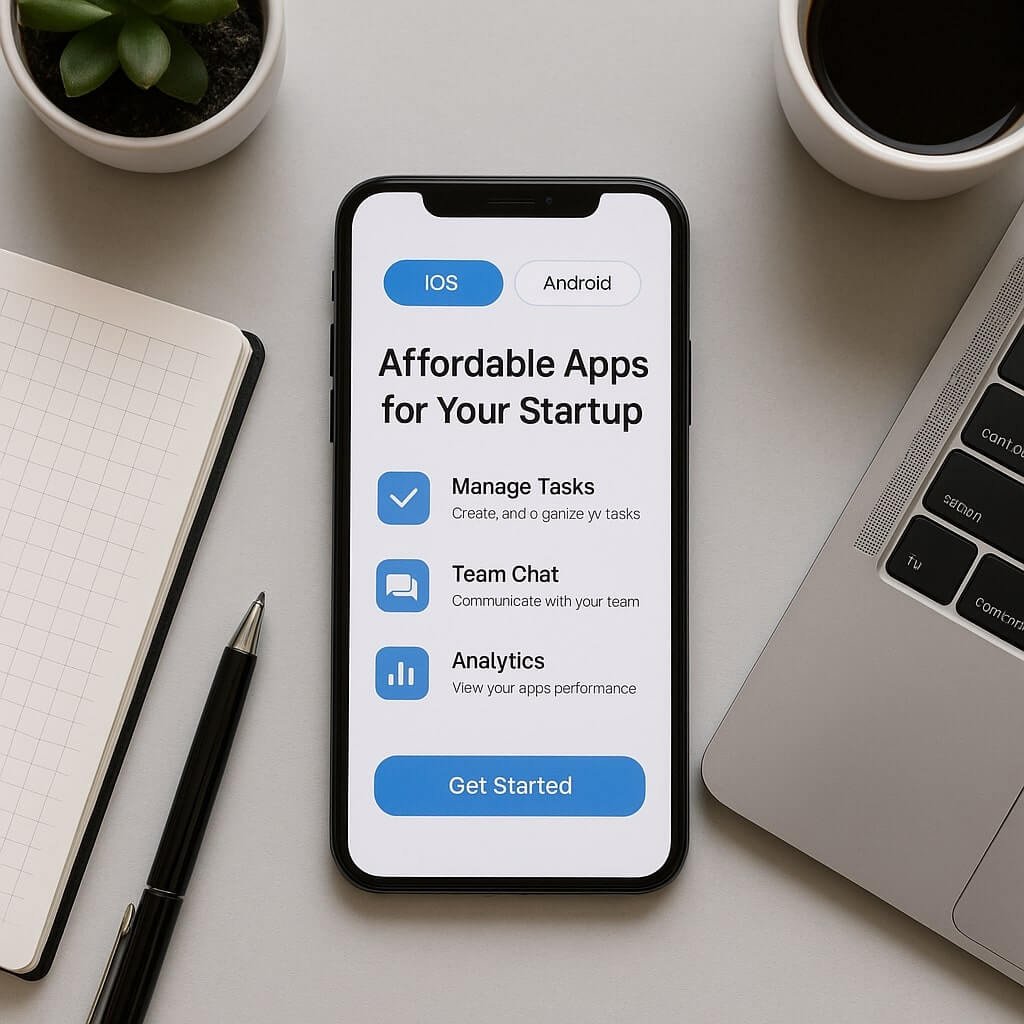In today’s fiercely competitive digital landscape, mobile app users are spoiled for choice. The success of your app hinges not only on its functionality but also on its design and user experience (UX). Fortunately, building a captivating app doesn’t require a six-figure budget. With the right strategies, even startups and small businesses can create budget-friendly app designs that attract and retain users.
In this article, we’ll explore cost-effective app design principles, tools, trends, and practices that deliver a professional, engaging experience without breaking the bank.
Why Budget-Friendly App Design Matters
Great design is no longer a luxury — it’s a necessity. Research shows that 88% of users will not return to a website or app after a bad user experience. With lean budgets, startups must prioritise UI/UX from day one. But how?
- First impressions count: Users form opinions within seconds.
- Retention is key: Poor design leads to high uninstall rates.
- Budget doesn’t equal compromise: It’s about smart allocation, not just spending less.
Core Elements of Cost-Effective App Design
1. Simple, Minimalist Interfaces
Minimalism isn’t just trendy — it’s strategic. Clean layouts and fewer elements reduce development time and user confusion.
Tips:
- Stick to 2-3 primary colours.
- Use white space effectively.
- Avoid cluttered navigation.
2. Reusable UI Components
Utilizing design systems like Material Design or Apple’s Human Interface Guidelines can save time and money.
Benefits:
- Speeds up development cycles.
- Ensures consistency across screens.
- Easier updates and maintenance.
3. Leverage Open-Source Tools & Templates
Free tools like Figma Community templates, Adobe XD kits, and UI component libraries help you create polished designs without hiring an expensive designer.
Popular resources:
- Figma
- Canva for mobile UI mockups
- Tailwind UI (for web-based apps)
Smart UX Practices for User Retention
1. Fast Load Times
Slow apps drive users away. Optimise image sizes and minimise transitions.
2. Intuitive Navigation
Adopt familiar patterns like bottom navigation bars and hamburger menus.
3. Accessible Design
Include text contrast, readable fonts, and voice support to reach all users.
Budget-Friendly App Design Tools to Consider
| Tool Name | Use Case | Cost |
|---|---|---|
| Figma | Collaborative UI Design | Free/Paid |
| Adobe XD | Wireframing & Prototypes | Free/Paid |
| Sketch | UI Design (Mac only) | Paid |
| Unsplash | Free stock images | Free |
| LottieFiles | Lightweight animations | Free |
Common Mistakes to Avoid in Low-Budget App Design
- Skipping user research: Even a simple online survey can guide design decisions.
- Using too many fonts or colours: This reduces readability and increases development complexity.
- Ignoring feedback loops: Early user feedback is crucial and cheap.
Real-World Case Study
Example: A startup created a budgeting app using Figma templates and Firebase for backend support. With just $5,000, they launched a lightweight MVP that attracted 10,000 users within three months. Their minimalist design and laser-focused UX helped them stand out.
FAQs: Budget-Friendly App Designs
1. What is the most cost-effective design tool for app UI?
Figma is widely considered the most cost-effective due to its free plan, ease of use, and collaborative features.
2. Can I design a good app myself without a designer?
Yes, with tools like Canva, Figma templates, and YouTube tutorials, non-designers can produce attractive app UIs.
3. What should I prioritise in low-budget app design?
Prioritise user flow, simplicity, and performance. These have the greatest impact on retention and engagement.
4. How much should I budget for a basic app UI/UX design?
You can start with as little as $500 to $2,000 using freelance designers or templates, depending on complexity.
5. What are the most common design mistakes in budget apps?
Ignoring mobile responsiveness
Overcrowded UI
No user feedback incorporation
Final Thoughts
You don’t need a massive budget to build a successful app — just a smart approach. By focusing on clean design, user-centred UX, and leveraging open-source tools, you can create a professional, attractive app that users love, all while staying within your means.
Remember: budget-friendly doesn’t mean low quality — it means high efficiency.






